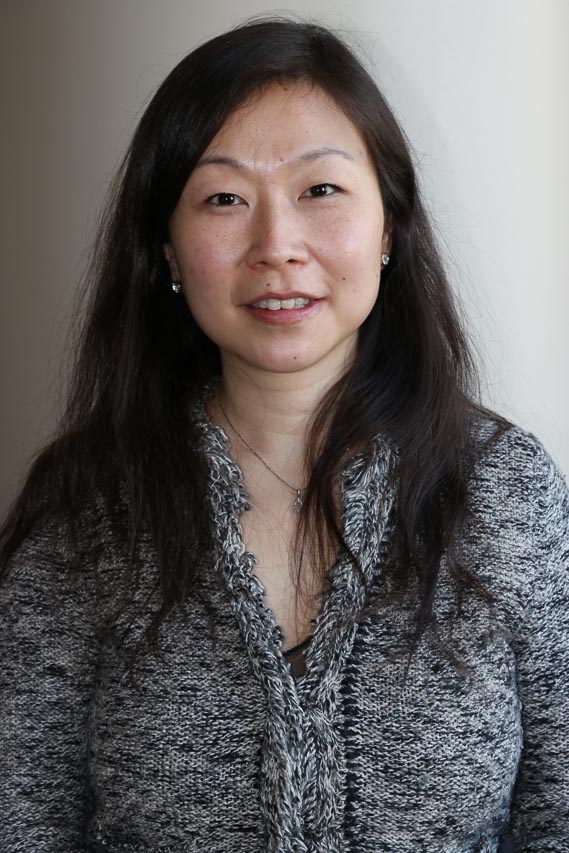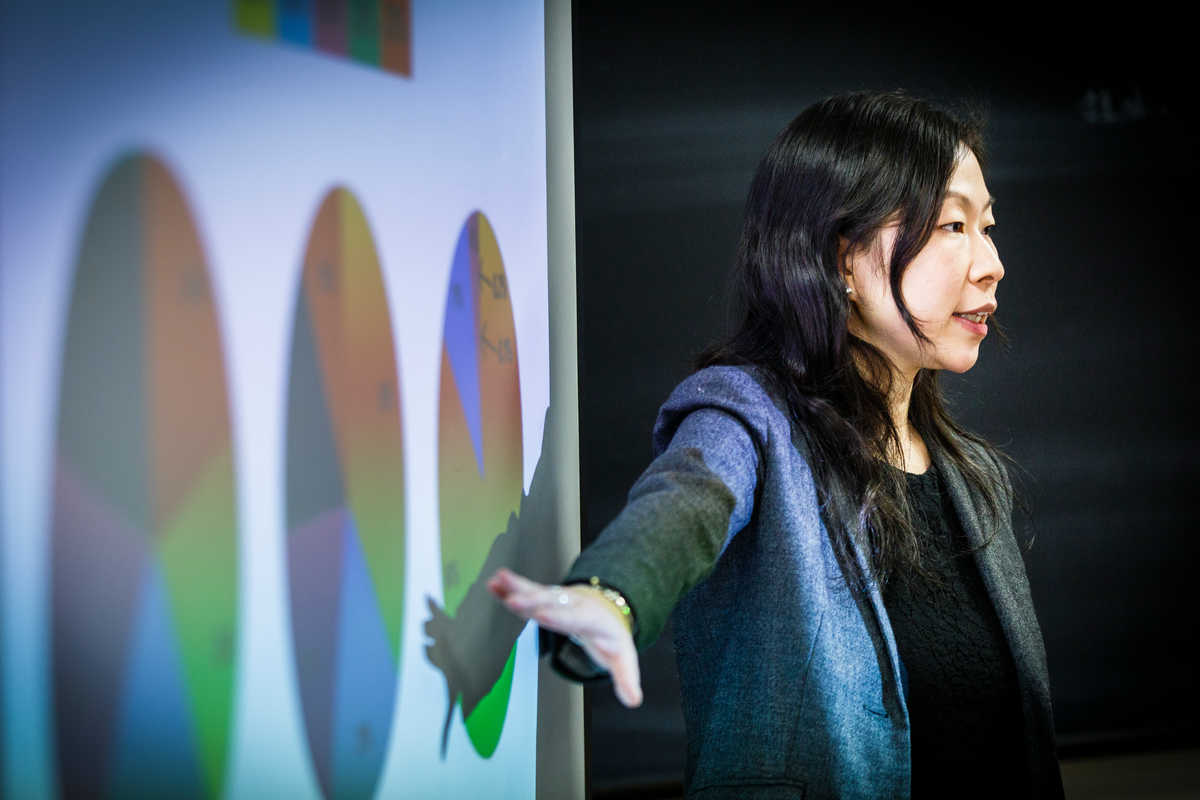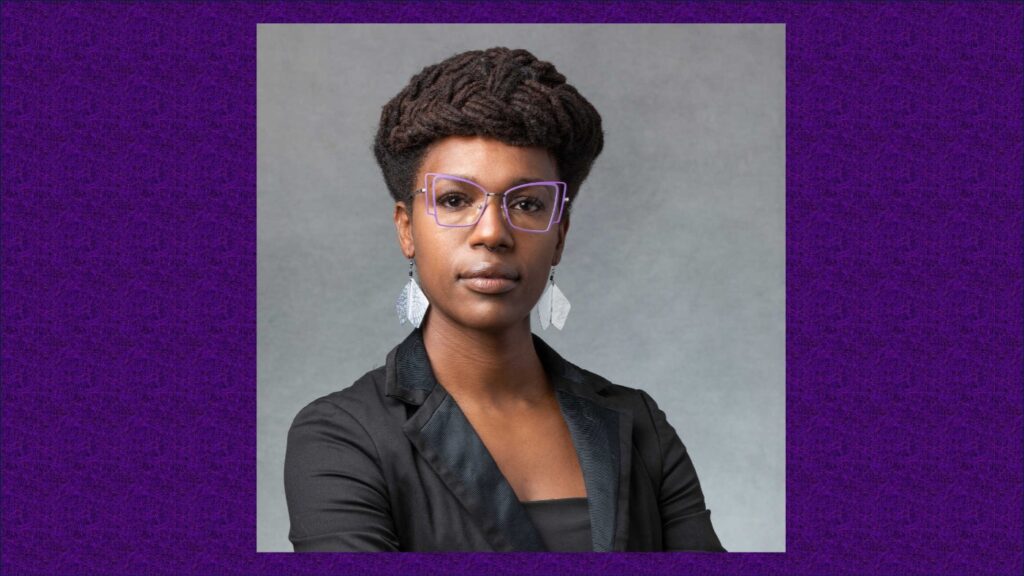Xiaowen Guan is nothing less than an eclectic individual. From China to the U.S., interpreter to parent, she works at the University of St. Thomas as a professor in the Department of Emerging Media teaching intercultural communications.
The Department of Emerging Media offers three programs: journalism, digital media arts and strategic communication. Guan teaches in the department and she’s also the strategic communication program director.
After earning her undergraduate degree in English at the Beijing Foreign Studies University, Guan worked for two multinational companies, Bayer and McKinsey, where she witnessed conflicts between the expatriate management and Chinese locals. She second-guessed the nature of the conflict. “Why (is) there so much discord? It’s not language, because we all can speak English,” she thought.
The conflicts sparked her interest in interpersonal communications. “Communication was not a discipline that originated in China,” Guan said. She realized that a country and its culture can influence people’s behaviors and expectations.

As Guan furthered her education in her field of study, earning a master’s degree at Portland State University and a PhD at Michigan State University, she landed her job at St. Thomas in 2008.
To get her message across to students sometimes means taking a hard look at the reality of what’s in front of them. For Guan, one of those harsh realities worth discussing in class is white privilege and its effect at St.Thomas.
“This is a very hot topic, seeing that St. Thomas is predominantly white,” Guan said.
Guan recognizes the turmoil of the situation. “Teaching to a predominantly majority of white students, privileged, from middle and upper middle class, and a lot of them (for) the first time encounter this idea of a white privilege, or they have heard of it, but not really examined it, and now it’s up to their faces. Those perceptions (become) clearly biased in a negative way.”
Guan highlights a study conducted five or six years ago by the university that compared the faculty’s teaching scores between white and nonwhite faculty. The study concluded there’s a significant difference in white and nonwhite scores. The reason for the nonwhite faculty having lower scores is the students’ evaluations, said Guan. The students may give nonwhite faculty a lower score due to them feeling attacked or may judge the faculty for not being white.
“That is systemic racism because you continue to evaluate one group of people lower without taking into consideration the context,” Guan said.
Guan said that the low scores for nonwhite faculty leads them to believe they aren’t as good as the white faculty because they didn’t grow up in the area and can’t connect to the students because of their appearance.
Guan knows changing this may not be easy.
“We may not always know the answer. We may not always get it right the first time, but you have to be motivated and be dedicated to it,” Guan said.
As the students approach the topic of white privilege, she asks them their feelings on the subject. “A lot fall into fear and guilt; and then the third one that comes in: ‘I don’t know much.’”
Guan believes the students’ guilt leads to shying away from the problem. She knows the natural instinct for students is to hide, but then nothing would get solved. Her solution to the problem resides in her job. “The students have to overcome this emotion, and what I can help with is supplying you with knowledge.”
Guan’s work in intercultural communications encourages resolution at St. Thomas, challenging preconceptions in the college itself and taking a look at how we communicate in the outside world. Even if this is only a small glimpse into Guan and her life, it’s one of significance and importance.
“If we don’t understand cultural-level dynamics, we may easily misattribute and misexplain what the reason is, whereas the real reason is simple: it’s a culture.”
A note about the author: Michael Rosas Ceronio, a student at Lakeville South High School, is a participant in the ThreeSixty Journalism program. A version of this article was first published by ThreeSixty Journalism, a nonprofit of the College of Arts and Sciences at the University of St. Thomas that uses the principles of strong writing and reporting to help diverse Minnesota youth tell the stories of their lives and communities.







